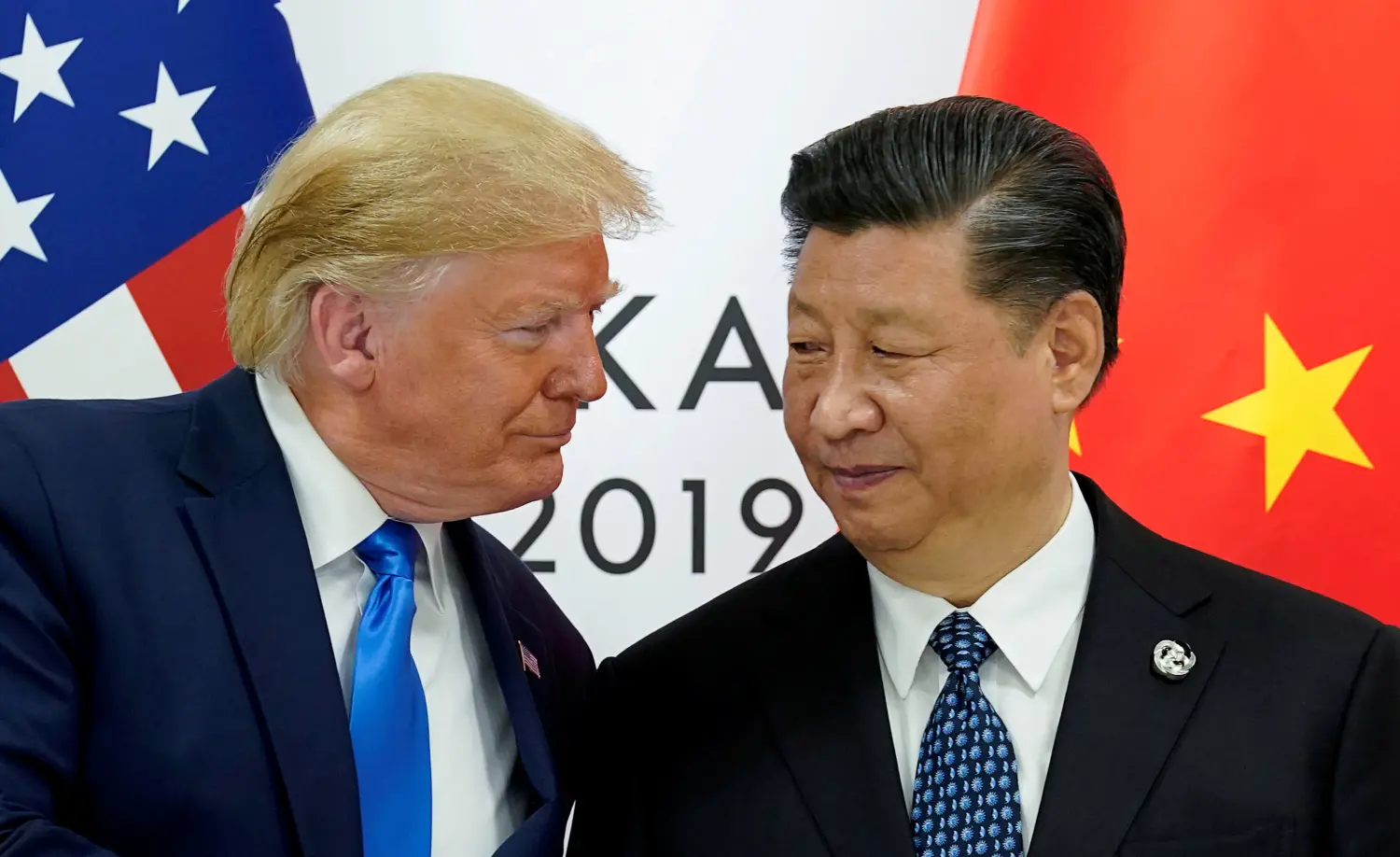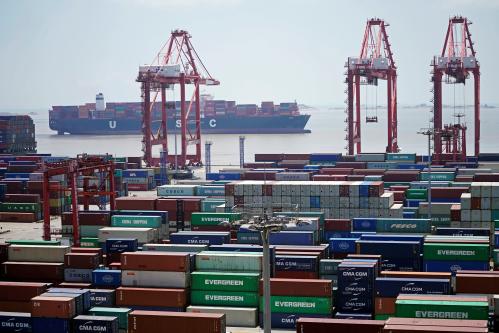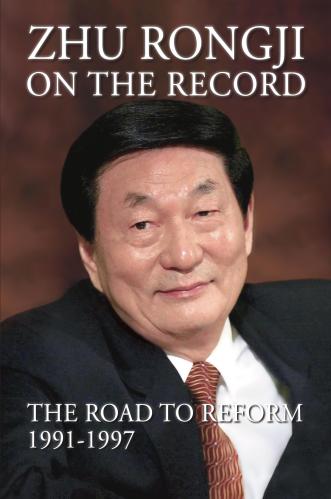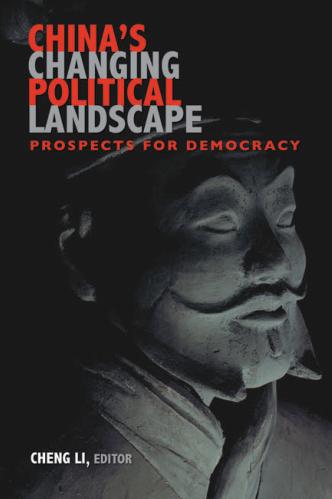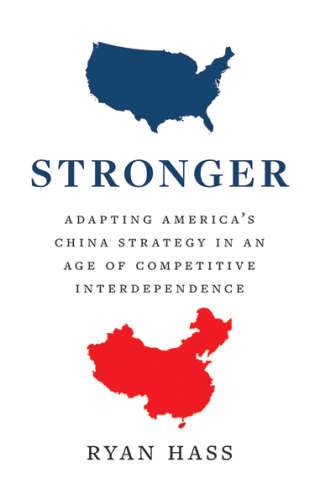The Trump administration’s policy experiment on China sought to slow China’s progress and pressure China’s leaders to become more responsive to American priorities and concerns about its behavior. So far, this policy experiment has not achieved its aspirations, writes Ryan Hass. This piece was originally published by The University of Pennsylvania as part of its Project on the Future of US-China Relations.
EXECUTIVE SUMMARY
Propelled by an electoral victory and a conviction that previous American policy on China had failed, the Trump administration ushered in a significant shift in America’s approach toward China upon entering office. This policy shift was built upon judgments that China’s gains in overall national power came at America’s expense, and unless China was stopped or slowed, it could eclipse the United States and impose its own vision and values on the international system.
The Trump administration’s policy experiment on China sought to slow China’s progress and pressure China’s leaders to become more responsive to American priorities and concerns about its behavior. Thus far, however, the results of this policy experiment have not achieved their aspirations. China has grown less restrained in pursuit of its ambitions. Within the U.S.-China relationship, areas of confrontation have intensified, areas of cooperation have vanished, and the capacity of both countries to solve problems or manage competing interests has atrophied.
Even so, the solution is not to rewind the clock to a past policy, but rather to take advantage of the policy space that the Trump administration has opened to fashion a more effective approach toward China. The more Washington approaches its competition with China from a position of confidence in its own relative strengths, sets clear-eyed objectives, and executes a coherent strategy that enjoys support from allies and the American public, the better it will be able to craft policies that tangibly improve the security and prosperity of the American people.

